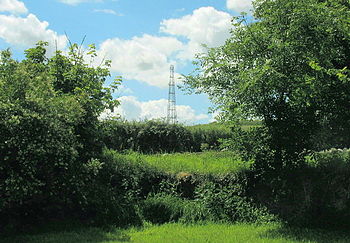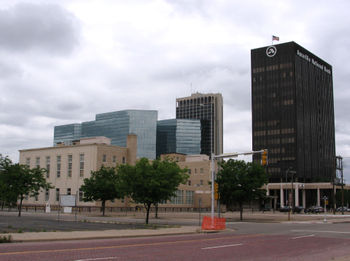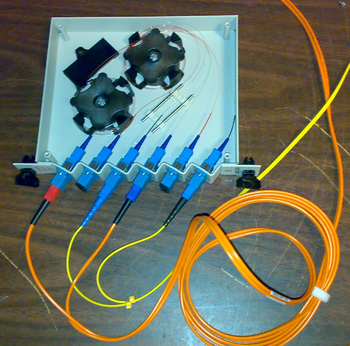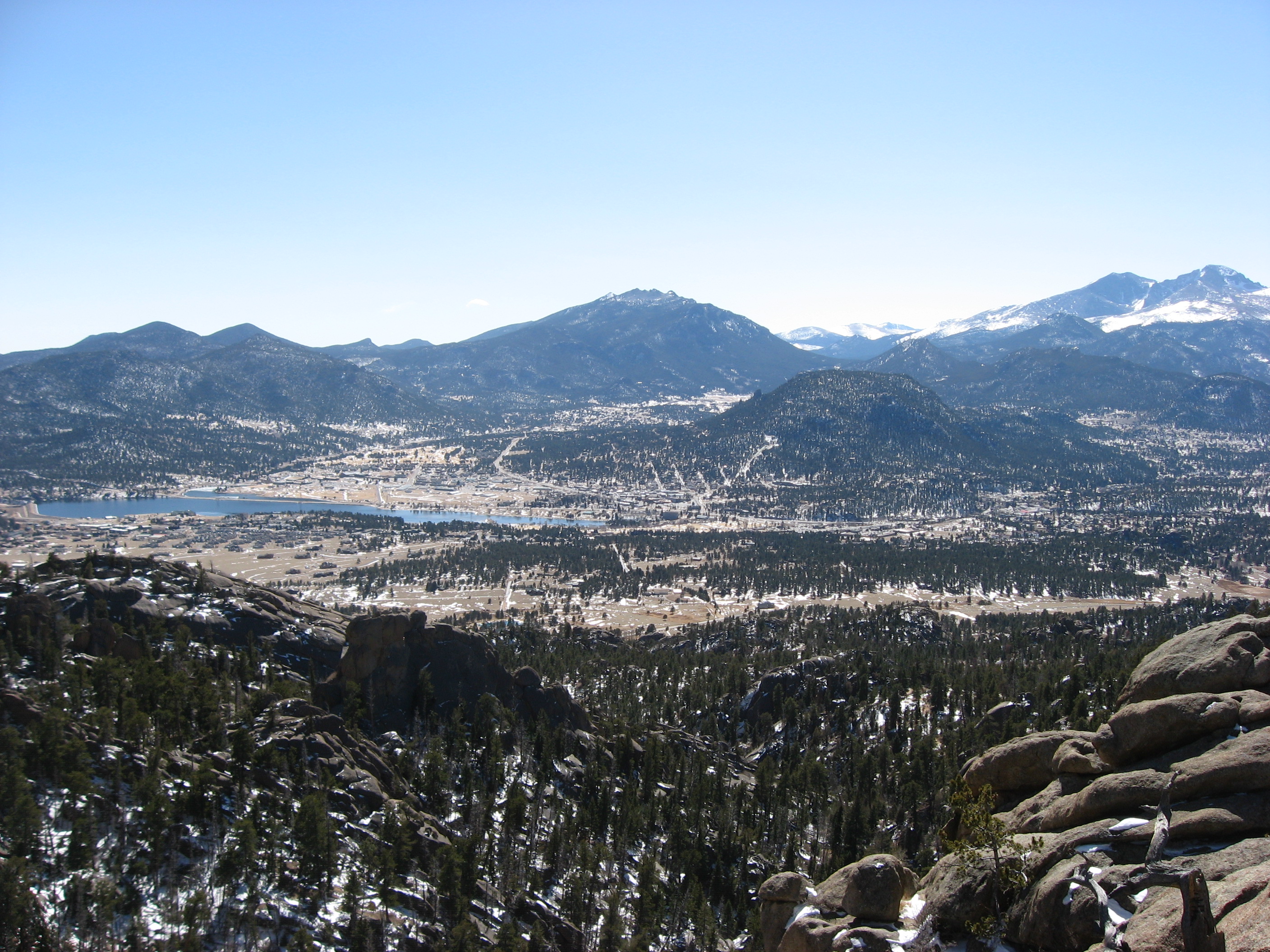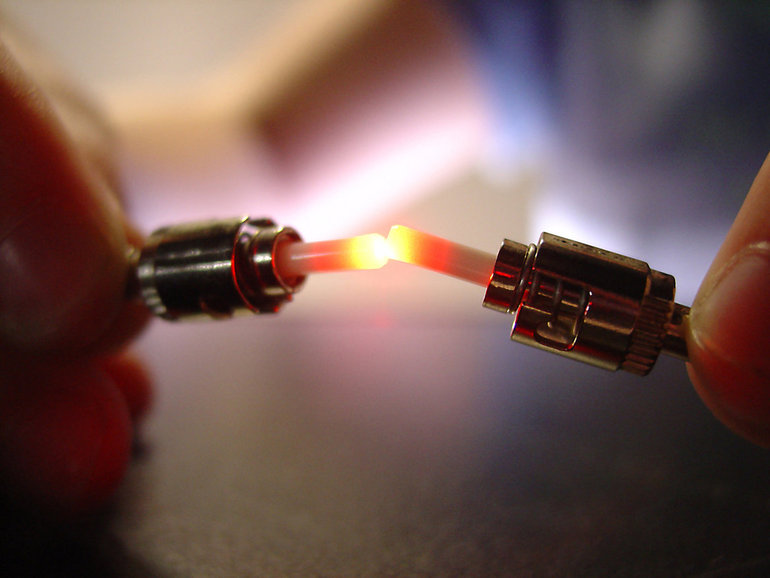Despite the fact that Internet access speeds are increasing on average, there are still almost 40% of Americans without broadband service. I know this because my parents live just a few minutes out of a state capital and do not have any access to any wired broadband service. There is no easy answer to this solution because serving these rural areas is expensive.
Building the last-mile infrastructure is the most costly part of the build. Carriers are challenged to be profitable building out rural areas even if they had a 100% market share. This is why the Universal Service Fund was created. Instead of all customers subsidizing rural communities, local governments and carriers should be allowed to form a public/private partnership to build an open-access last-mile fiber infrastructure. All carriers could then utilize this infrastructure to provide competitive communications services to potential customers no different than in densely packed urban areas. This method is fairer to all parties and does not put taxpayers at as much risk. Continue reading





